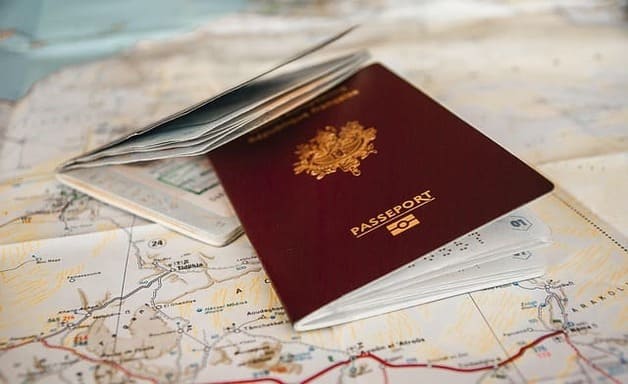
If you’re planning a trip to the Caribbean, you might be asking how safe is Aruba?
Aruba is considered one of the safest islands in the Caribbean. Nonetheless, it’s important to follow health and safety advice when visiting to ensure you enjoy a safe trip.
In this post, you can find practical tips for a safe trip to Aruba, including swimming safety, advice on renting a car, and information on the island’s reputation as a tourist destination.
Is It Safe To Travel to Aruba?
Aruba is widely regarded as safe for foreign visitors. The island has low crime rates and a well-developed tourist sector, making it an attractive destination for travelers from many countries.
In recent years, Aruba was awarded a Safe Travels stamp by the World Travel and Tourism Council, a seal of approval for the island’s health and safety standards for visitors.
Tourism and safety in Aruba
Tourism has been Aruba’s leading economic sector since the mid-1980s. The vast majority of travelers visiting Aruba enjoy a safe stay.
Almost 100,000 visitors came to Aruba in 2023 for at least one overnight stay, according to Aruba’s Central Bureau of Statistics.
Due to its well-established history as a tourist destination, the island nation has effective public transport networks, and car rental and taxi services for foreign visitors, in addition to many hotels and accommodation resorts.
Aruba is regarded as a safe destination for visitors of all ages, including families, and LGBT travelers. A number of Aruba’s hotels and resorts are approved by the Travel Alternative Group (TAG) as being LGBT-friendly.
Medical care for travelers visiting Aruba
Due to its small size and developed road network, most of Aruba is well-connected and visitors can travel a short distance to get medical attention if needed. Pharmacies and drug stores are also available at many resorts and tourist spots.
You’re recommended to arrange health insurance for your trip to Aruba to avoid charges if you require medical treatment.
Aruba’s climate and weather safety
Though Aruba can experience mild tropical storms, it’s located outside the Caribbean hurricane belt, meaning it is unaffected by extreme weather events.
Aruba’s wet season falls between October and January. While the island does get rain showers, the quantity of annual rainfall is lower than that of other Caribbean islands.
Health and Safety Advice for Visitors to Aruba
The following tips can you help to enjoy Aruba’s tourist resorts and natural environment safely.
Car hire and driving safety in Aruba
If you rent a car in Aruba, make sure you’re familiar with local road safety regulations.
Routes are generally well-signposted, but if you’re unsure, ask for advice on getting to your destination.
If you’re taking part in an off-road activity, stick to designated routes to protect your safety and the natural environment.
Driving under the influence of alcohol or drugs is illegal in Aruba. There are many taxi services and public transport options available if you want to consume alcohol.
Keeping healthy in Aruba’s warm climate
It’s essential to protect yourself from the sun's rays by wearing sunscreen and staying well hydrated.
Aruba can often experience cool winds, which can disguise high temperatures. Staying out of direct sunlight at the hottest time of the day, from 11 a.m. to 3 p.m., can help avoid heat stroke.
Swimming safety for visitors to Aruba
Though many of Aruba’s beaches are safe for swimming, some areas on the north coast have very strong currents and are not suitable for swimmers.
Safe swimming areas are clearly marked. Read any signage before entering the water and avoid swimming out past the buoys.
Tap water in Aruba: Guidance for tourists
Aruba does not have a significant natural source of fresh water. As a result, the island distills its own drinking water through an extensive filtering process.
Aruba’s tap water meets the highest standards set by the World Health Organization, meaning visitors do not need to buy filtered water. This helps to contribute to decreased plastic use on the island.


